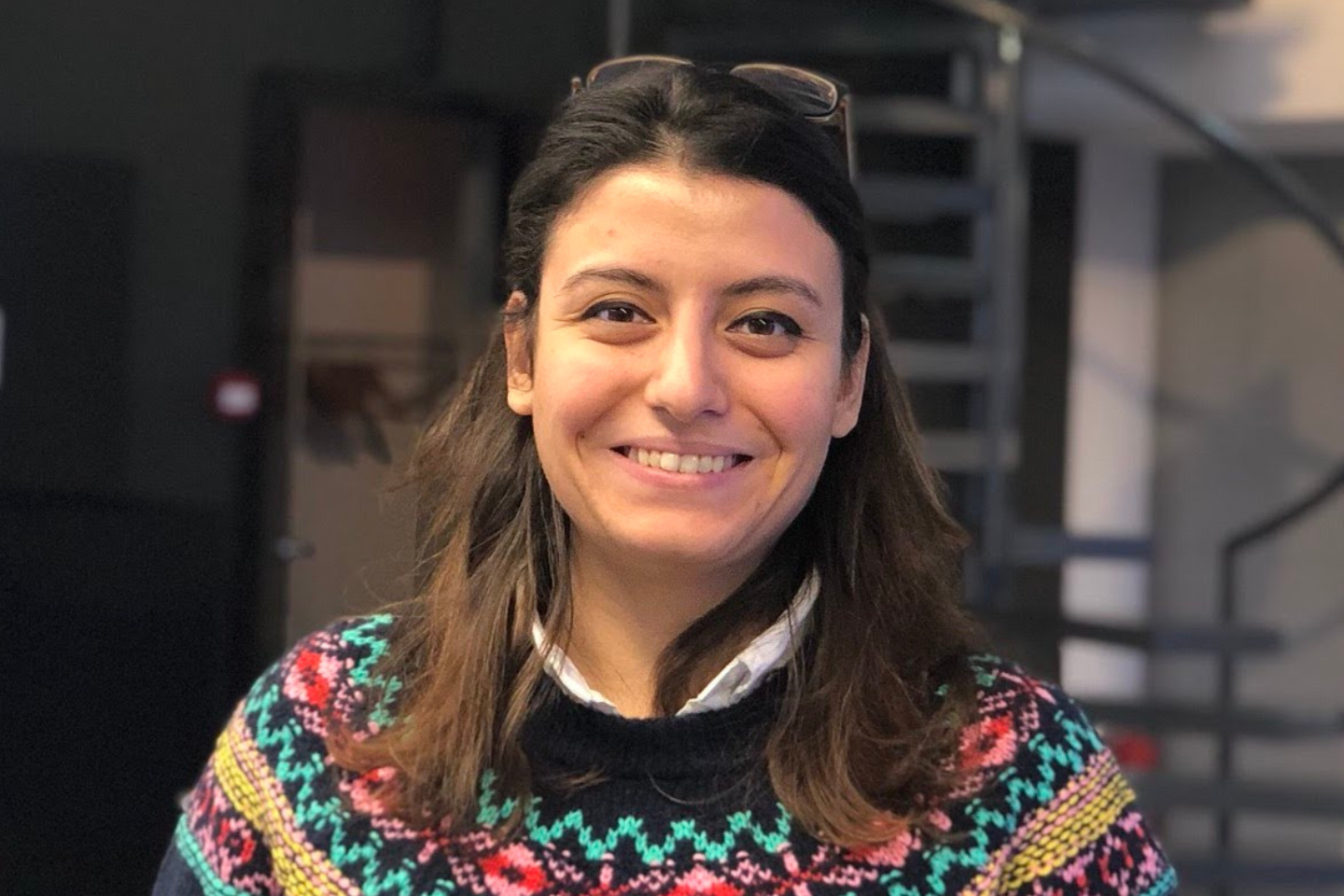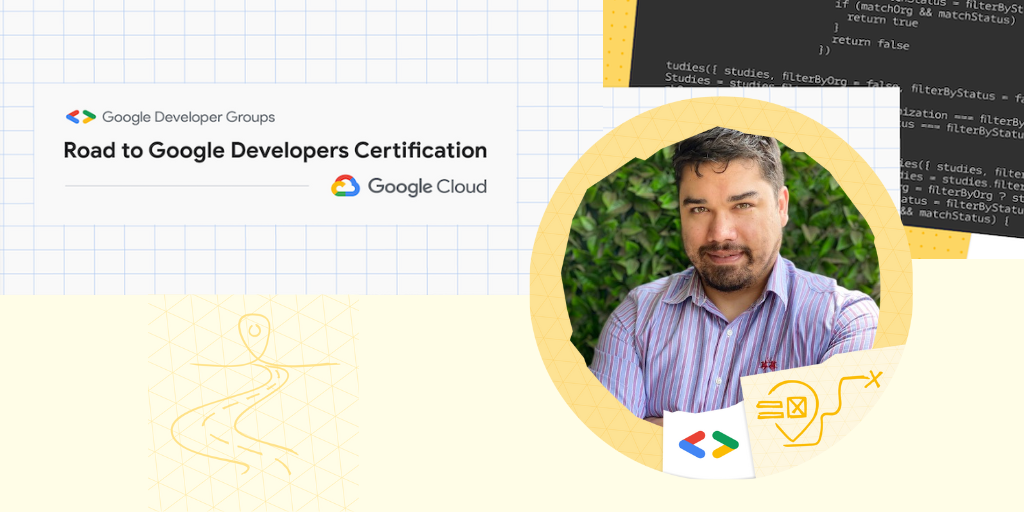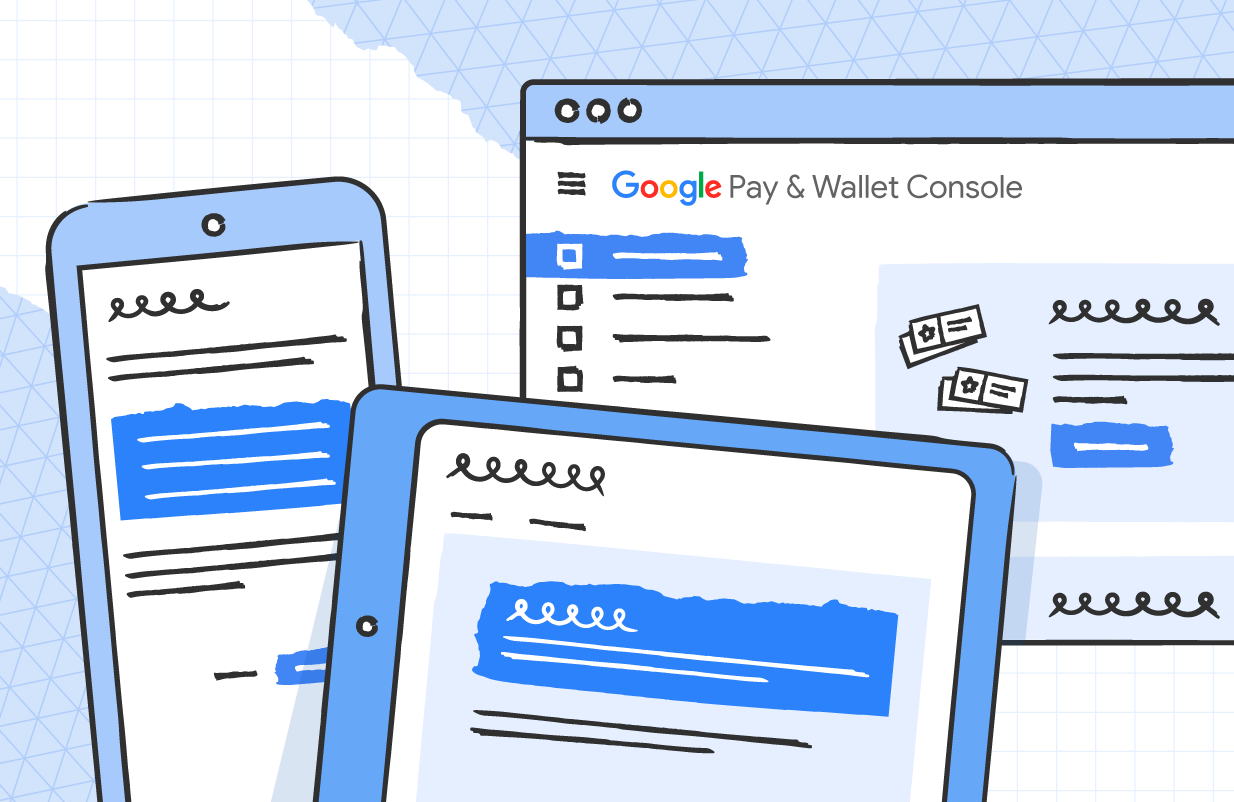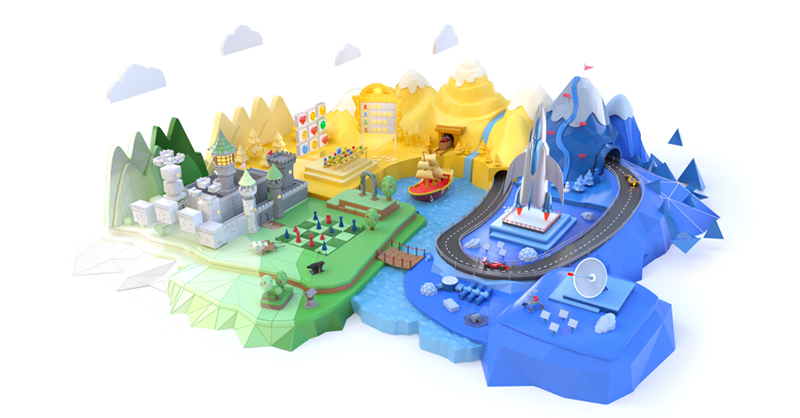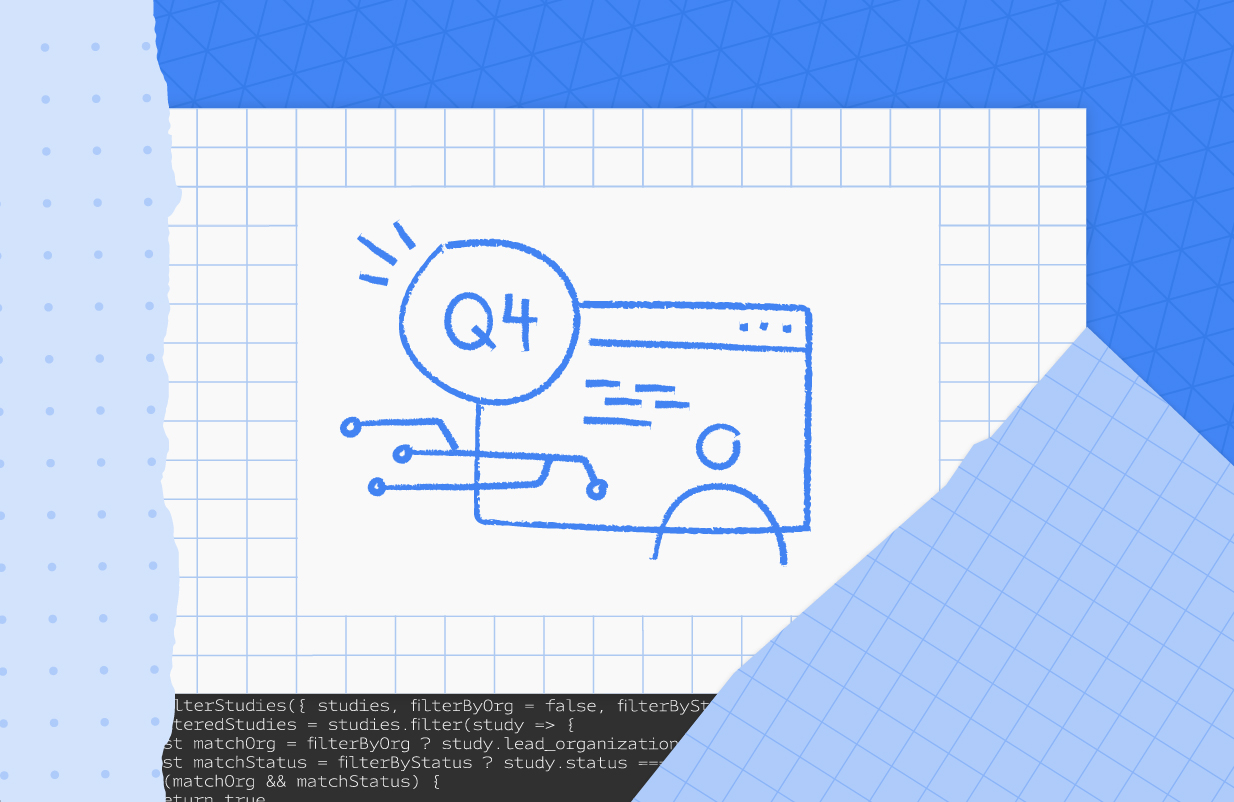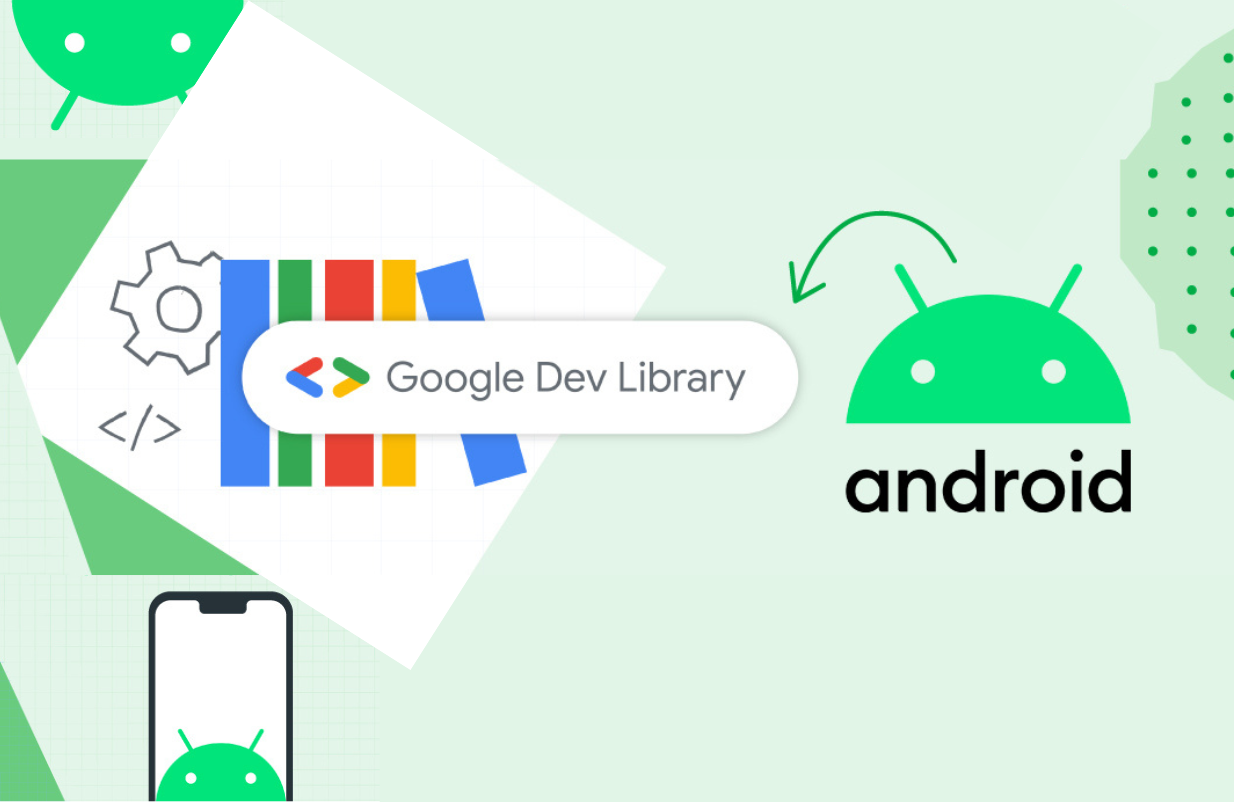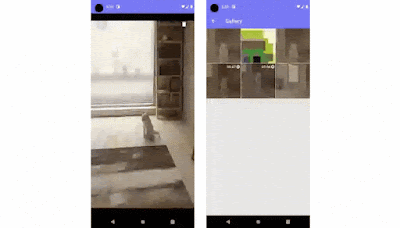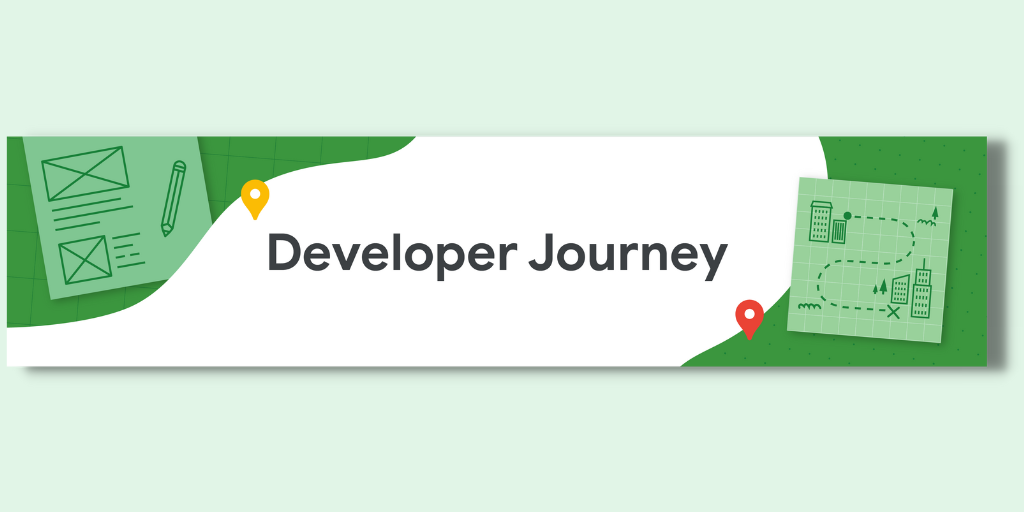
Posted by Lyanne Alfaro, DevRel Program Manager, Google Developer Studio

Developer Journey is a monthly series to spotlight diverse and global developers sharing relatable challenges, opportunities, and wins in their journey. Every month, we will spotlight developers around the world, the Google tools they leverage, and the kind of products they are building.
This month, it’s our pleasure to feature three members spanning communities, including Women Techmakers, Google Developer Experts and Google Developer Groups. Enjoy reading through their entries below and be on the lookout on social media platforms, where we will also showcase their work.
Deepa Subramanian
Google Developer Group, Women Techmakers
Road to GDS Candidate, Web Technologies
Freelance Software Engineer
Find me on: LinkedIn
What Google tools have you used to build?
I am a frontend engineer, having used Angular framework for building single page applications, and using Chrome dev tools, like Puppeteer, Lighthouse, and more. I have also built progressive web app projects using project Fugu API’s to add to homescreen, badging, file share API etc. I am excited to see more API’s in the future.
Which tool has been your favorite to use? Why?
I enjoy using Firebase for authentication and realtime database as it makes my life easier as a frontend engineer.
Please share with us about something you’ve built in the past using Google tools.
In the past, I have built small applications using Android and Java. My first Google tool that I used was Android studio where I built small Android applications using Java (this was back in 2017). Then, I moved to the web. Currently, I am also using the Flutter web platform.
What advice would you give someone starting in their developer journey?
If you are a beginner, start building small projects. You will need to be consistently learning. I would urge everyone to join a developer community like GDG. It helps you grow and network with other developers.
Burcu Geneci
Former Women Techmakers Ambassador
Co-Founder & CTO at Monday Hero, Inc.
San Francisco, CA
Find me on: LinkedIn, Instagram, Twitter
What Google tools have you used to build?
As a CTO and technical founder, I’ve used various Google Cloud services, including Cloud Run, Cloud Build, Cloud Storage, Google Maps Geocoding API, Kubernetes Engine, and Secret Manager.
At my startup Monday Hero, we’re building a solution that converts Figma design to code and generates Flutter widgets from design. I’m using Google tools related to Flutter almost every day. Dartpad.dev is always open and pinned on my browser. I find Flutter docs very clear and concise.
I also usually explore other Google tools in personal projects. For example, I’ve used ML Kit and Firebase for one of my hobby projects to recognize texts in images.
Which tool has been your favorite to use? Why?
My favorite tool so far is Google's open-source framework Flutter. It's very straightforward to create mobile, web, and desktop applications from a single codebase. The coolest part of Flutter is that applications written on Flutter are natively compiled. Creating natively working applications is very important for user experience. Before using Flutter, I built applications for both iOS and Android natively, but being able to build a mobile application for both platforms at least 30% faster is a game changer. Flutter is a life-saver for startups that want to create mobile solutions.
Considering new technologies like Flutter, the community around that specific technology is essential to adopting and improving the technology with honest feedback. I think the huge and welcoming community was one of the most important reasons to adopt and start using Flutter for my new projects. I want to thank the community builder and program managers for building the Flutter community worldwide.
Please share with us about something you’ve built in the past using Google tools.
After learning about ML Kit capabilities at Google IO 2018, I implemented ML Kit’s Text Recognition API on one of my iOS applications. It was surprisingly easy to build the solution, and the confidence rate was very high. Later that day, I also wrote a blog post for the Google Developer Community about the project and how smooth the integration was.
Knowing how to use technology to build creative solutions and what is possible with this kind of tech is a powerful skill. In the startup's early days, my cofounder and I attended a hackathon, and we won first place with the project in which we used ML Kit and Firebase. One of the project's key features was detecting the indicator number on the counter, which is used for utility usage via ML Kit's text recognition and alerting the user when there is water leakage.
What advice would you give someone starting in their developer journey?
Improve analytical and problem-solving skills early in your developer journey, and continuously invest in these skills!
A good developer should be able to identify and solve problems. Problem-solving is about using logic and imagination to analyze a situation and then develop smart solutions to that problem. Follow the tech leaders and influencers in your area of interest and learn something new every day!
Katerina Skroumpelou
Google Developer Expert, Angular, Web Technologies, and Google Maps Platform
Senior Software Engineer at Nx
Athens, Greece
Find me on: Twitter
What Google tools have you used to build?
I have used Firebase, Google Cloud Platform, Google Cloud Functions, Google Maps Platform, Angular, Google Cloud Run.
As part of my previous job, our whole infrastructure was built in Firebase, using Cloud Firestore, and Google Cloud Functions used for microservices and also for custom Firestore queries. We also used a combination of Google Cloud Run and Cloud Storage for scheduled backups. In a previous position, I used the Google Maps JS API, which now has evolved into so much more as part of the Google Maps Platform. Today, I build demos and POCs mostly in my free time, using the Google Maps Platform which I love so much. My current role does not involve Google tools at the moment.
Which tool has been your favorite to use? Why?
My favorite tool by far is Firebase. I love the robustness and reliability that it offers in developing and publishing a web application. It offers a solution for every part of the process, be it the backend, storage, database, microservices, hosting, authentication, even analytics. All in one place, easy to use and implement. What is also amazing with Firebase is the scalability that it offers. I would opt to use Firebase whether it is a small demo app I am building for a conference, or a large scale application which involves a huge user base, data, and hits per second.
My second favorite tool is, of course, the Google Maps Platform. Maps excite me, and the Google Maps Platform offers much more than visualizing data on a map - which it does in an amazing way. It has become almost a game engine, in a way, providing access to so many different APIs and features of the map itself for the user to tweak.
Please share with us about something you’ve built in the past using Google tools.
I have used Firebase and the Google Cloud Platform to build and ship applications. A few years ago, a couple of friends and myself had an idea that we turned into a product, which we built and scaled solely using the Google Cloud Platform, and specifically the following features: Cloud Firestore, Cloud Storage, Cloud Run, Cloud Functions, BigQuery, Maps Platform, Authentication. That’s all you really need to build any app today.
What advice would you give someone starting in their developer journey?
Be social: Connect with other people by going to on-site conferences. And always be kind.
Continue skill-building: Build small apps and demos to test out different things, and see how they work. Don’t worry about learning all technologies, and don’t “marry” one technology, either. Get a solid foundation of the basics (JavaScript/TypeScript), and then, at your new job, you will learn the technologies they are using there.
Finally, don’t get discouraged by bad days! If you love what you do, you’ll get there in the end, no matter what!





